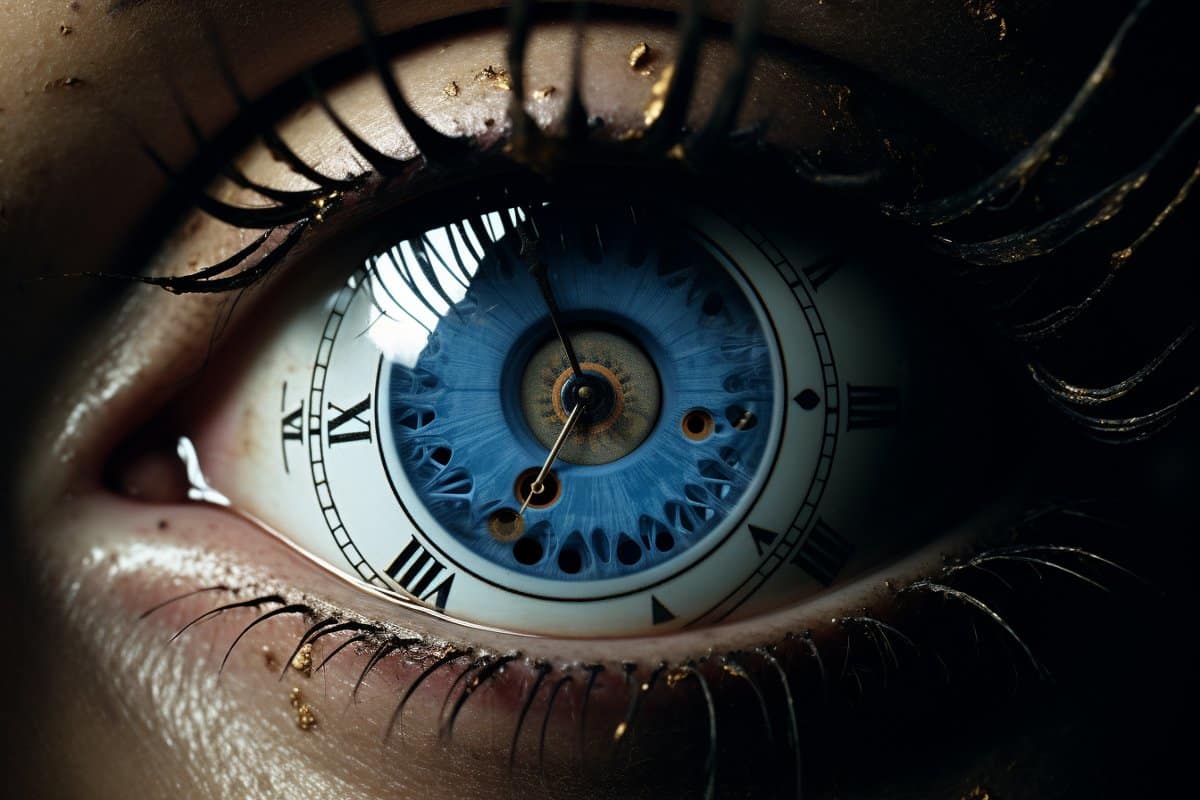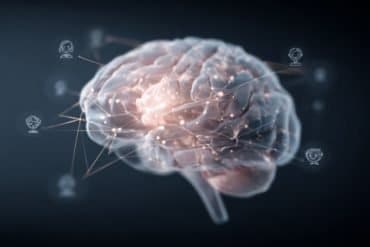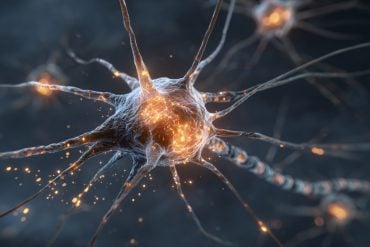Summary: Perceived time significantly impacts the healing of physical wounds. Researchers found wounds healed faster when participants believed more time had passed, challenging conventional beliefs about psychological effects on physical health.
The research emphasizes the need to consider a broader range of psychological influences on physical well-being and suggests that abstract beliefs about the body’s functioning directly affect health outcomes.
Further investigations aim to uncover the underlying mechanisms and broader implications of this intriguing discovery.
Key Facts:
- Perceived time plays a crucial role in the actual healing process of physical wounds, regardless of the actual elapsed time.
- The study suggests a broader range of psychological influences on physical health, beyond the traditional focus on emotions and behavior.
- Researchers are conducting further investigations to better understand the mechanisms and implications of this mind-body connection in health.
Source: Harvard
Perceived time has a significant impact on the actual time it takes to heal physical wounds, according to new research by Harvard psychologists Peter Aungle and Ellen Langer.
Their study, published late last month in Nature Scientific Reports, challenges conventional beliefs about psychological influences on physical health.

The findings suggest a broader range of psychological influences than is currently appreciated.
To complete their study, the authors used a standardized procedure to mildly wound volunteer subjects. Perceived time was then manipulated in the lab, with each study participant completing three experimental conditions: Slow Time (0.5x real time), Normal Time (1x real time), and Fast Time (2x real time).
Wounds were documented as healing faster when participants believed more time had passed. Likewise, the healing process proved slower when less time was perceived to have gone by. Actual time elapsed was the same under all three conditions.
Further research is underway to better understand the underlying mechanisms and broader implications of these findings. In the meanwhile, the study makes a compelling case for more fully incorporating the idea of mind-body “unity” into subsequent inquiries on mind-body health effects. In particular, researchers are urged to consider a broader range of psychological influences on physical health.
Psychological influences on physical health are typically understood in terms of influences on emotion (e.g., stress, inflammation, and immune function) and behavior (e.g., beliefs that promote healthy actions). This research suggests abstract beliefs about how our bodies work also directly shape physical health.
About this time perception research news
Author: Christy DeSmith
Source: Harvard
Contact: Christy DeSmith – Harvard
Image: The image is credited to Neuroscience News
Original Research: Open access.
“Physical healing as a function of perceived time” by Peter Aungle et al. Scientific Reports
Abstract
Physical healing as a function of perceived time
In this study we wounded study participants following a standardized procedure and manipulated perceived time to test whether perceived time affected the rate of healing.
We measured the amount of healing that occurred across three conditions using a within-subjects design: Slow Time (half as fast as clock time), Normal Time (clock time), and Fast Time (twice as fast as clock time).
Based on the theory of mind–body unity—which posits simultaneous and bidirectional influences of mind on body and body on mind—we hypothesized that wounds would heal faster or slower when perceived time was manipulated to be experienced as longer or shorter respectively.
Although the actual elapsed time was 28 min in all three conditions, significantly more healing was observed in the Normal Time condition compared to the Slow Time condition, in the Fast Time condition compared to the Normal Time condition, and in the Fast Time condition compared to the Slow Time condition.
These results support the hypothesis that the effect of time on physical healing is directly affected by one’s psychological experience of time, independent of the actual elapsed time.







